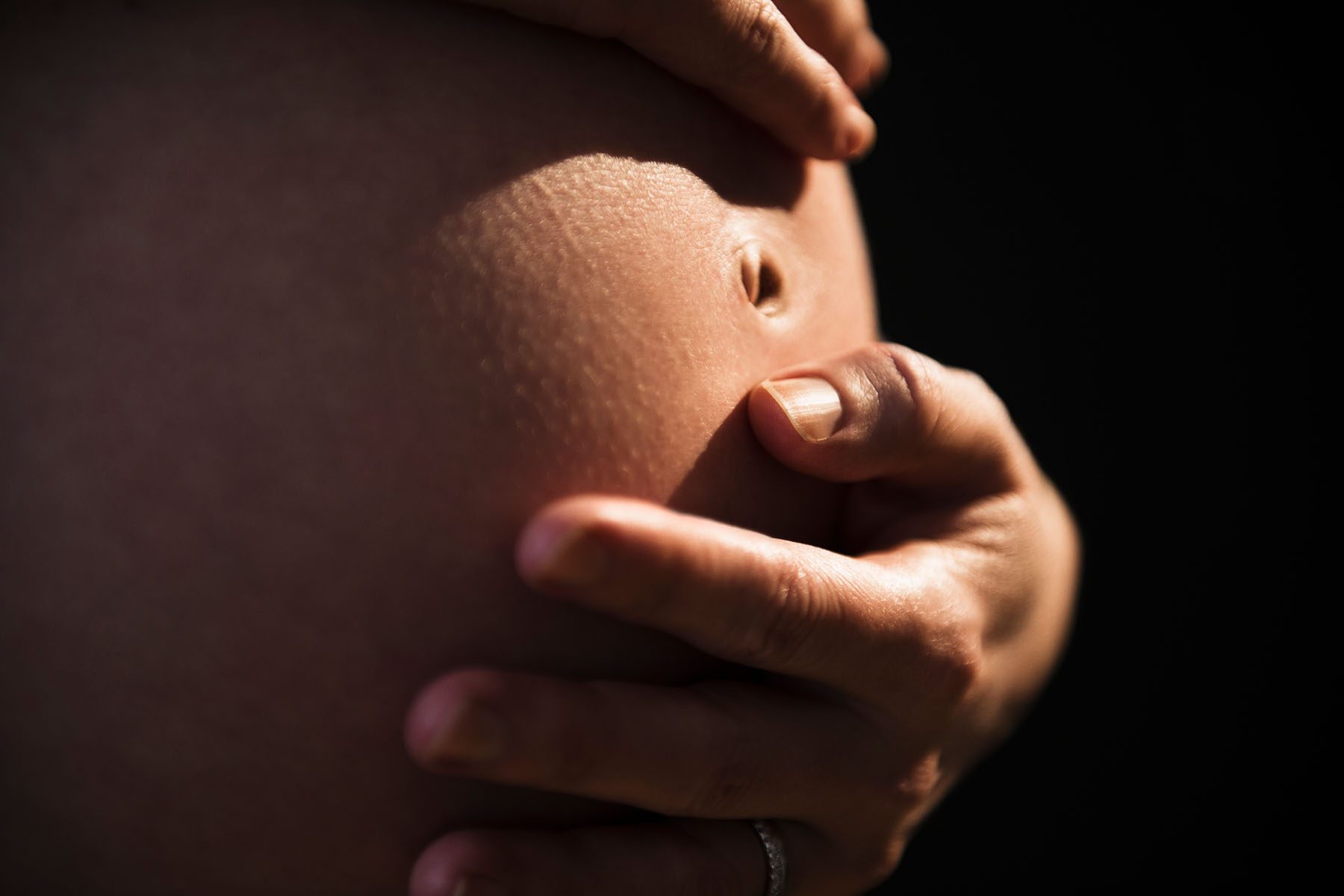New research shows that pregnant people are widely exposed to cancer-causing chemicals like melamine, cyanuric acid and aromatic amines. Pregnant people of color were found to have the highest levels of these chemicals.
The study, published Tuesday in Chemosphere, is part of a larger project with the Environmental Influences on Child Health Outcomes, a program of the National Institute for Health, to better understand pregnant people’s chemical exposure. This is the first national study of its kind.
The Centers for Disease Control and Prevention routinely monitors some chemicals in the United States, but it’s only a fraction of what is produced, said Tracey Woodruff, director of the Program on Reproductive Health and the Environment at the University of California San Francisco and a co-author of the study. For example, 100 million pounds of melamine and its byproduct cyanuric acid are produced yearly, according to the study.
“We embarked on a prioritization process to identify chemicals that would be important to expand for measuring during pregnancy that could be both widely detected, and also be very important for prenatal and child health,” she said.
For this study they focused on 45 chemicals that are not regularly monitored by the CDC and can be found in products such as hair dyes, plastic dishware, food packaging, tobacco smoke and mascara.
-
More from The 19th
- How exposure to toxic chemicals in everyday products can impact reproductive health
- ‘I would wish this on absolutely no one’: How three women dealt with pregnancy in the year since Texas’ six-week abortion ban
- The 19th Explains: How pregnant people can prepare for a summer of heat waves
Melamine, which can be found in plastics, has been recognized as a kidney toxicant; it is also classified as a carcinogen. In the mid 2000s, melamine hit headlines after baby formula adulterated with the chemical killed multiple infants in China. Animal studies have also shown that melamine could be neurotoxic, “meaning the offspring could have bad memory or other neuron-related effects,” said Giehae Choi, postdoctoral fellow at Johns Hopkins Bloomberg School of Public Health and lead author of the study.
Researchers measured these chemicals in urine samples of 171 women from states across the country and Puerto Rico. Another study conducted in Taiwan found that melamine and phthalate exposure (another chemical group) might be associated with early kidney injury in pregnant women.
In the U.S. study, melamine and cyanuric acid were found in practically all participants, but the highest levels were in women of color.
“In an experimental setting, it looks like being exposed to both of them can be more toxic than being exposed to just one of them,” Choi said. “So that was one thing that was kind of concerning.”
In addition, one type of aromatic amine, that is used in dyes and pesticides and is a known toxin, was found at levels more than 100 percent higher in Black and Latina women.
This study was not able to pinpoint where this exposure is coming from for certain populations or why it might be disproportionate. Woodruff said documenting these health inequities, particularly as it relates to environmental factors like chemical exposure, will continue to be something they focus on.
A future study will look at these same chemicals and others found in pesticides, consumer products and personal care products in a larger population sample of between 5,000 and 6,000 pregnant people. “I’m looking at the exposures as well as how they’re related to a number of different adverse health consequences like pregnancy outcomes,” Woodruff said.
Woodruff still finds herself surprised by the results of these studies and the level of exposure found for some of these toxic chemicals. She thinks it points to a failure to regulate some of these chemicals in the United States.
“We have this widespread exposure. And we’re kind of still a little bit in the dark about all the range of health effects even though we’re carrying [out what is] essentially an experiment on the U.S. population,” Woodruff said. “I never cease to be shocked by this, even though I do this research all the time.”







